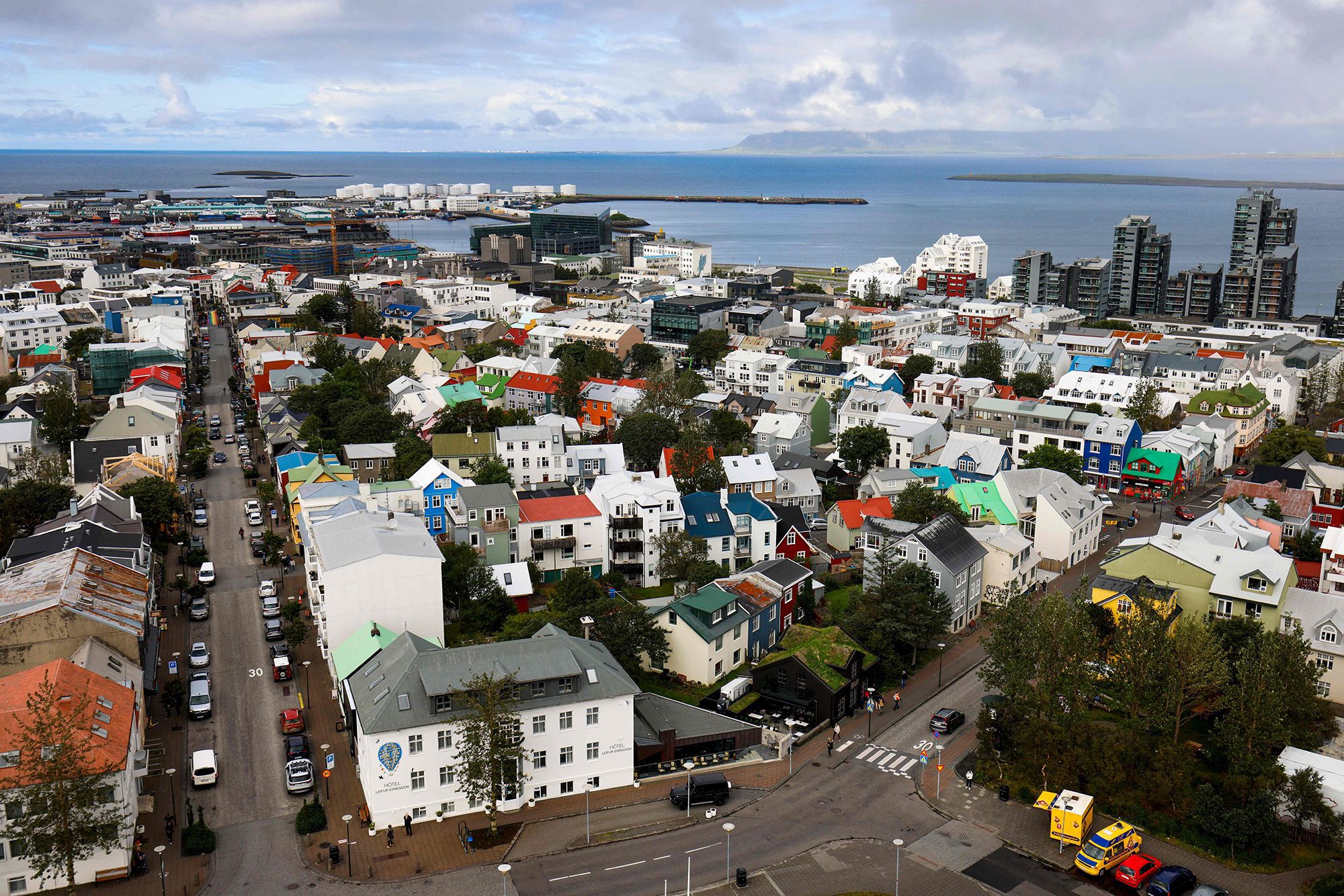
Iceland’s economy is outperforming most European peers after the nationwide introduction of a shorter working week with no loss in pay, according to new research.
Between 2020 and 2022, 51 per cent of workers in the country had accepted the offer of shorter working hours, including a four-day week, two think tanks found in research published on Friday, saying the figure is likely to be even higher today.
Last year, Iceland logged faster economic growth than most European countries and its unemployment rate is one of the lowest in Europe, noted the Autonomy Institute in the United Kingdom and Iceland’s Association for Sustainability and Democracy (Alda).
READ MORE: Dozens killed in strikes, hurt in bus attack as Middle East on edge
“This study shows a real success story: shorter working hours have become widespread in Iceland … and the economy is strong across a number of indicators,” Gudmundur D Haraldsson, a researcher at Alda, said in a statement.
In two large trials between 2015 and 2019, public sector employees in Iceland worked 35-36 hours per week, with no reduction in pay. Many participants had previously worked 40 hours a week.
The trials involved 2500 people — more than 1 per cent of Iceland’s working population at the time — and were aimed at maintaining or increasing productivity while improving work-life balance.
Researchers found that productivity stayed the same or improved in most workplaces, while workers’ wellbeing increased “dramatically” on a range of measures, from perceived stress and burnout to health and work-life balance.
Following the trials, Icelandic trade unions negotiated reductions in working hours for tens of thousands of their members across the country.
READ MORE: She zipped her boyfriend in a suitcase and left him for dead
Economic ‘vitality’
In 2023, Iceland’s economy expanded by 5 per cent, a growth rate second only to that of Malta among rich European economies, according to the International Monetary Fund’s latest World Economic Outlook, published earlier this week.
That is much higher than the country’s average growth rate of almost 2 per cent in the decade between 2006 and 2015.
However, the IMF forecasts considerably slower growth in Iceland this year and next.
“Growth is expected to decline … in 2024 on further softening domestic demand and decelerating growth in tourism spending,” the agency said of the tourism-dependent economy in an assessment in July.
READ MORE: Tributes to ‘friendly giant with a big heart’
Iceland’s low unemployment rate is “a strong indicator of the economy’s vitality”, the Autonomy Institute and Alda also said.
According to the IMF’s World Economic Outlook, that rate stood at 3.4 per cent last year, just over half the average for advanced European economies. The agency expects it to tick up slightly to 3.8 per cent this year and next.
There have been a number of experiments with the four-day week around the world. This includes a successful trial in 2022 across 33 companies, with the majority based in the United States and Ireland.
FOLLOW US ON WHATSAPP HERE: Stay across all the latest in breaking news, celebrity and sport via our WhatsApp channel. No comments, no algorithm and nobody can see your private details.
links to content on ABC
9News





